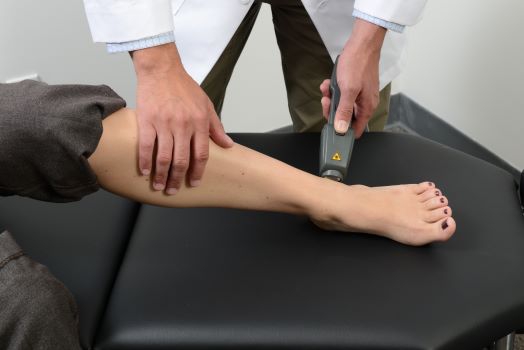 Non-Surgical Treatments
Non-Surgical Treatments
Our skilled Greater Milwaukee area podiatrists offer a wide range of non-surgical treatment options at our New Berlin and Oak Creek offices. We are committed to providing accessible foot and ankle care to all patients and have a wide range of treatment methods to meet different needs. Whether you’re seeking treatment for plantar fasciitis pain or need help recovering from a sports injury, you can expect a personable and considerate experience every step of the way.
 Foot & Ankle Surgery
Foot & Ankle Surgery
When conservative treatments aren’t enough, foot or ankle surgery may be your best option for lasting relief. At Third Coast Foot & Ankle, board-certified surgeon Dr. Lucy Meier offers advanced surgical care with a compassionate, patient-first approach—helping you move forward with confidence and less pain.
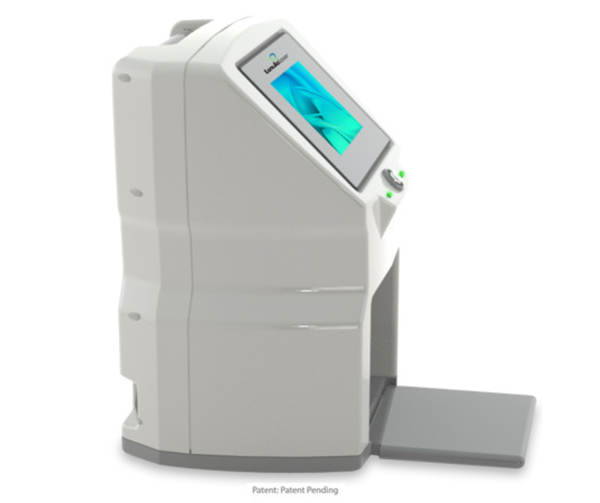 Lunula Access Program ( LAP)
Lunula Access Program ( LAP)
The Lunula Access Program (LAP) offers a structured, non-invasive solution for treating fungal toenails using Lunula Laser therapy and supportive antifungal care. This subscription-based program provides consistent treatment, safe technology, and long-term results—helping patients achieve clearer, healthier nails without oral medications or downtime.
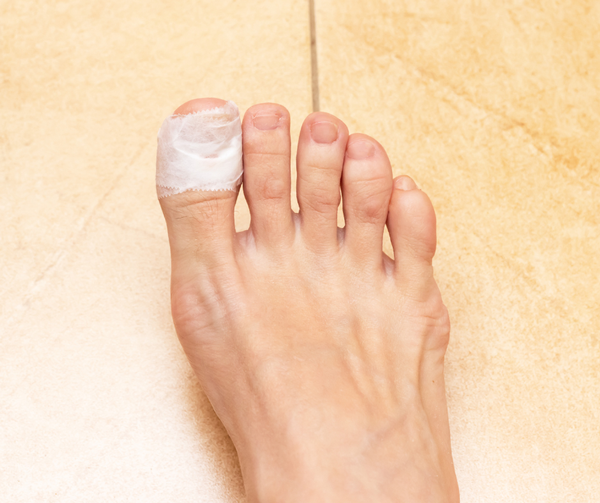 Nail Surgery
Nail Surgery
Nail surgery is a minor in-office procedure used to treat chronic ingrown toenails, infections, or damaged nail tissue. It offers long-lasting relief from pain, swelling, and recurring nail problems. At Third Coast Foot & Ankle, we provide safe, effective nail procedures tailored to your specific needs and comfort.
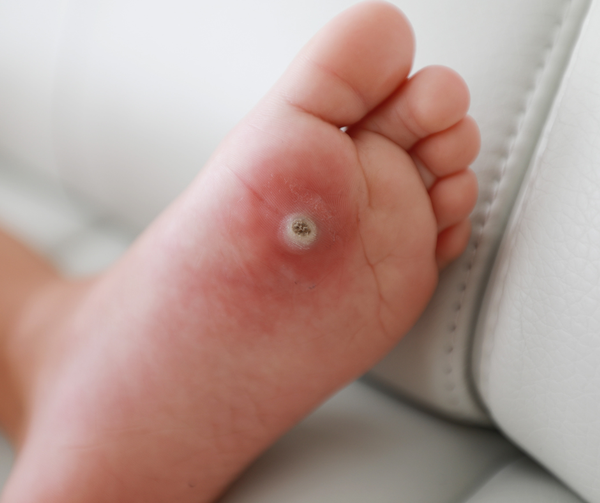 CryoPRobe Wart Treatment
CryoPRobe Wart Treatment
CryoProbe is a fast, safe, and non-invasive treatment that uses targeted freezing technology to eliminate stubborn plantar warts. This advanced method provides precise application with minimal discomfort and no need for anesthesia or downtime—making it an ideal option for patients seeking quick, effective wart removal.
 Dr. Remedy Nail Polish
Dr. Remedy Nail Polish
Dr.’s Remedy Nail Polish is a podiatrist-formulated, toxin-free polish enriched with ingredients like tea tree oil, biotin, and vitamins to support nail health. Safe for discolored, brittle, or fungus-prone nails, it offers beautiful color without compromising nail wellness—available at Third Coast Foot & Ankle.
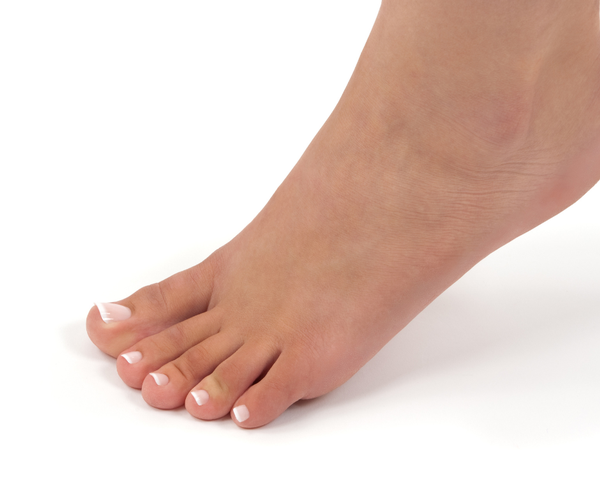 Keryflex Nail Restoration
Keryflex Nail Restoration
KeryFlex Nail Restoration is a cosmetic, in-office treatment that restores the appearance of damaged or discolored toenails. This flexible, medical-grade resin creates a natural-looking nail that is durable, breathable, and safe to use alongside antifungal treatments. Ideal for patients seeking confidence and comfort without surgery.
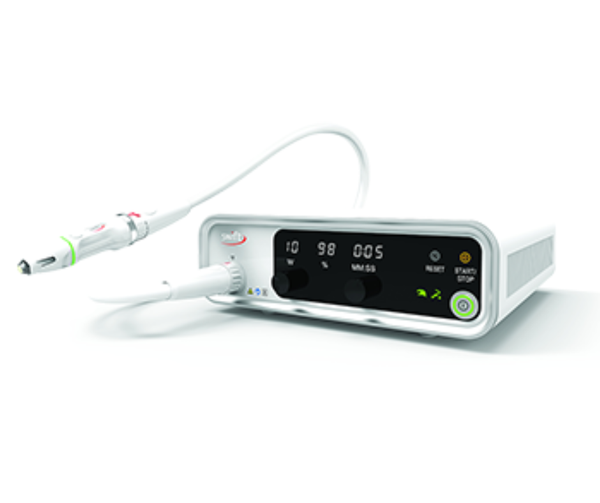 SWIFT Wart Treatment
SWIFT Wart Treatment
SWIFT is a breakthrough, non-invasive wart treatment that uses microwave technology to stimulate your body’s immune system and eliminate the virus from within. With no wound care, no downtime, and minimal discomfort, Swift offers a fast and effective solution for stubborn plantar warts—now available at Third Coast Foot & Ankle.
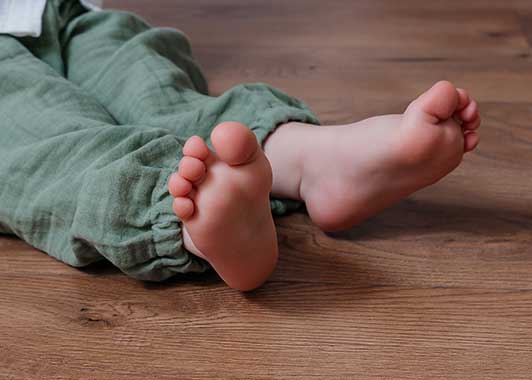 Children's Foot Care
Children's Foot Care
While there is no reason to panic when you notice an abnormality in your toddler’s foot, ankle, or walking gait, it is important that you seek the advice of a podiatrist sooner rather than later. At Third Coast Foot and Ankle, the earlier we can start interventions when there is a problem like flat feet or toe walking, the more successful the outcome is likely to be.
If you suspect that your child’s feet are not developing normally, don’t hesitate to reach out to our greater Milwaukee area podiatry office for a pain-free assessment. We love treating children and always take a gentle, conservative approach.
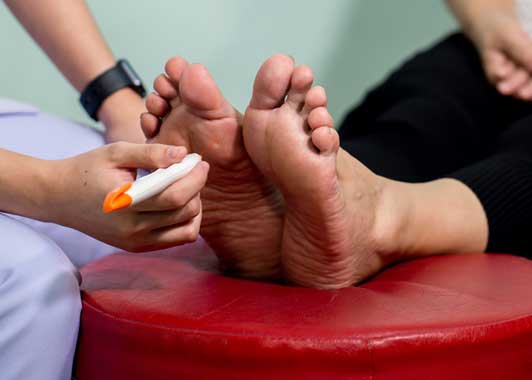 Diabetic Foot Care
Diabetic Foot Care
People with diabetes don't often think of including a podiatrist on their health care team, but given the risk of foot amputations caused by diabetes, it's a good idea to consult a foot specialist. At Third Coast Foot and Ankle, we provide preventative care as well as treatment of chronic wounds for patients with diabetes in our New Berlin office.
If you have been diagnosed with diabetes, consider adding our podiatrist to your health management plan. We will ensure that your feet are healthy and eliminate the chance that you might one day need to have a foot amputated.
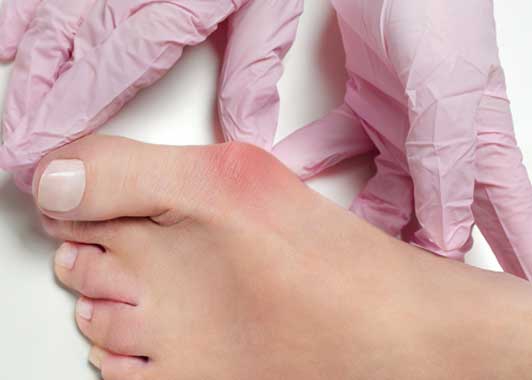 Foot Deformities
Foot Deformities
Discomfort and mobility problems caused by foot deformities such as bunions, hammer toes, flat feet, and high arches can often be relieved with conservative treatment from a podiatrist. When these methods don’t work, a surgical option might be considered. Either way, you don’t have to live with the pain and instability caused by a foot deformity.
Our podiatrists are skilled at diagnosing and treating common foot deformities, regardless of what caused them. Reach out to our office in Oak Creek or New Berlin to find out how we can help you.
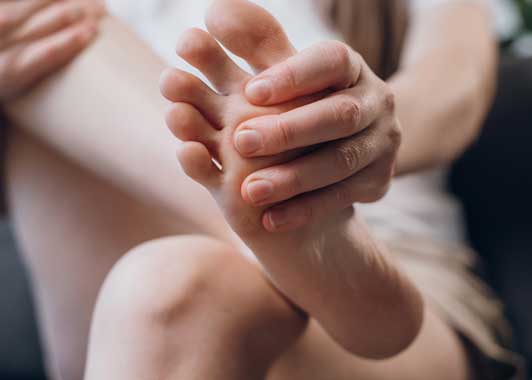 Heel & Arch Pain
Heel & Arch Pain
Experiencing pain in the heels and arches is common among athletes and older people, but what's causing the condition can vary greatly from person to person. At Third Coast Foot and Ankle, we identify the underlying cause of your heel or arch pain and design a custom treatment plan to address it.
You do not have to live with chronic pain. In fact, you really shouldn't grin and bear it. Visit our Milwaukee-area office to schedule a complete assessment of your feet and to learn about our cutting-edge, non-invasive treatment options.
 Skin & Nails
Skin & Nails
You might be embarrassed by your thick, yellow toenails or unsightly plantar warts, but you should also be worried about the underlying cause. Many skin and nail conditions that we just think are ugly are actually caused by infections and should be treated by a doctor.
If you have thick, yellow toenails, ingrown toenails, cracked feet, or several plantar warts, don’t put off seeing a podiatrist any longer. Treatment of these conditions will not only improve the look of your feet and toenails, but it could also rid you of a dangerous bacterial or fungal infection.
 Sports Injuries
Sports Injuries
Any level of activity—from recreational exercise to competitive athletics—can lead to what podiatrists consider to be a sports injury. Whether it is a sudden sprain or a cumulative injury caused by chronic overuse, when physical activity causes you to hurt your foot or ankle, you need a podiatrist who treats sports injuries.
At Third Coast Foot and Ankle, we provide comprehensive care to all ages and levels of athletes. If you are suffering from Achilles tendonitis, plantar fasciitis, ankle sprains, or ligament tears, we are your one-stop shop for diagnosis and cutting-edge treatment.
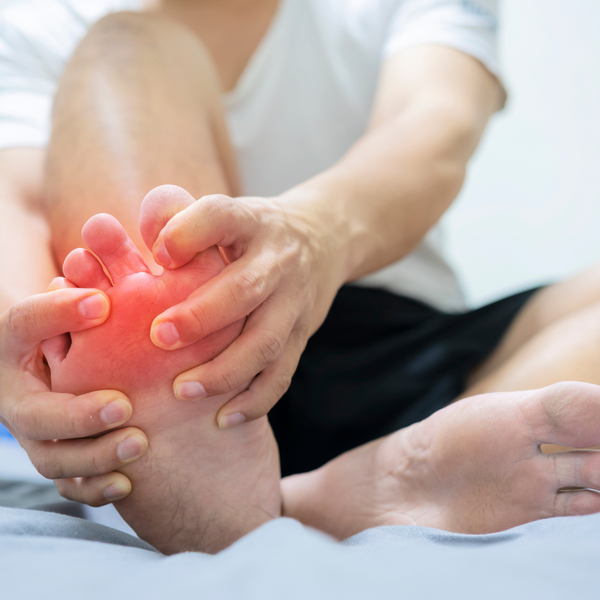 Morton's Neuroma
Morton's Neuroma
Morton’s neuroma is a painful condition caused by a thickened nerve between the toes, often triggered by tight shoes or repetitive pressure on the forefoot. Symptoms include burning pain, tingling, or the sensation of a pebble in your shoe. Early diagnosis and treatment—ranging from footwear changes and orthotics to in-office procedures—can relieve symptoms and prevent long-term damage.
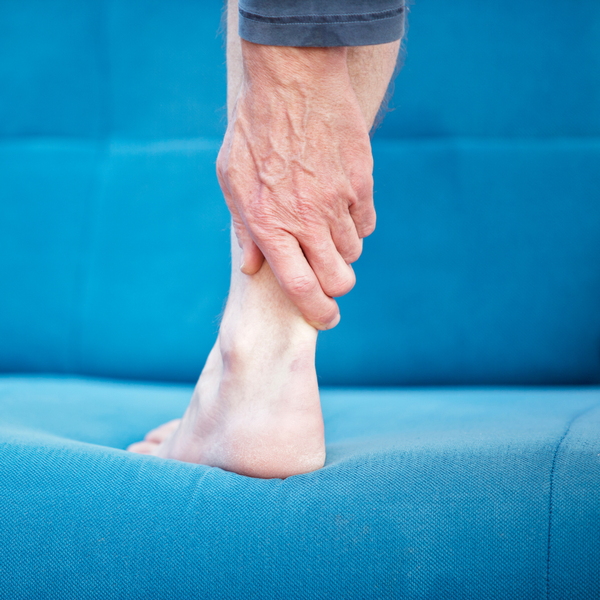 Achilles Tendon Pain
Achilles Tendon Pain
Achilles tendon pain is a common overuse injury that affects the tendon connecting your calf muscles to your heel. Often caused by repetitive strain, poor footwear, or sudden increases in activity, this condition can lead to stiffness, swelling, and difficulty walking. Early treatment with rest, proper support, and professional care can prevent chronic damage and get you back on your feet.
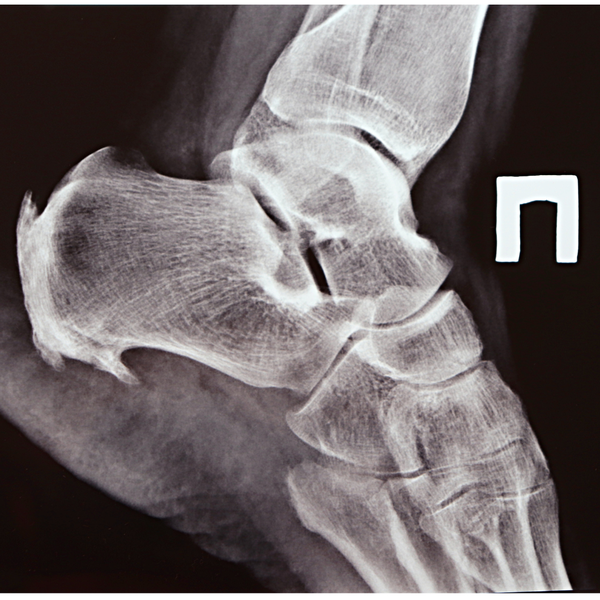 Bone Spurs
Bone Spurs
Bone spurs are bony growths that develop along joints or the heel and are often caused by pressure, arthritis, or chronic inflammation. While not always painful, they can lead to discomfort, stiffness, or nerve irritation depending on their location. Early diagnosis and treatment—ranging from orthotics and physical therapy to advanced in-office options—can help relieve symptoms and prevent further complications.
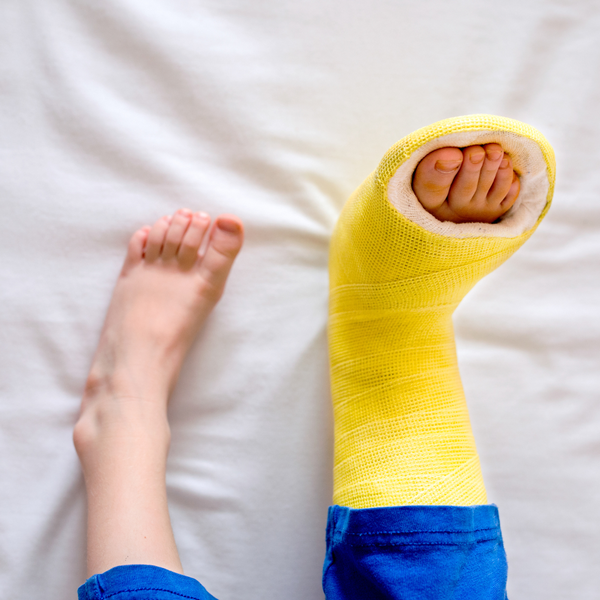 Broken Foot
Broken Foot
A broken foot, or foot fracture, can result from trauma, overuse, or sudden impact and may cause pain, swelling, bruising, and difficulty walking. Prompt diagnosis and treatment are essential to ensure proper healing and avoid long-term complications. Whether it's a minor stress fracture or a more severe break, the team at Third Coast Foot & Ankle provides expert care to help you recover safely and return to normal activity.
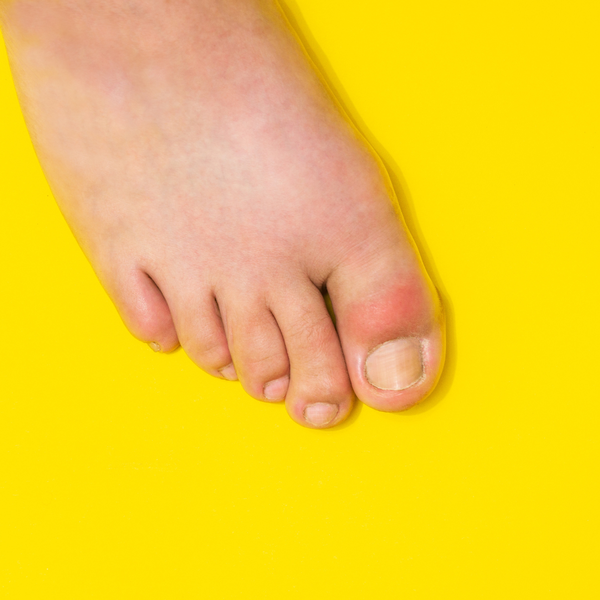 Gout
Gout
Gout is a form of inflammatory arthritis that causes sudden, severe pain—often in the big toe. Triggered by a buildup of uric acid crystals in the joints, gout can lead to swelling, redness, and extreme tenderness. With the right treatment and lifestyle changes, flare-ups can be managed and future attacks prevented.
 Peroneal tendonitis
Peroneal tendonitis
Peroneal tendonitis is a common source of pain along the outside of the foot and ankle—especially in active individuals. Whether you’re a runner, walker, or simply on your feet all day, we offer treatment plans to reduce inflammation, restore strength, and prevent recurrence.
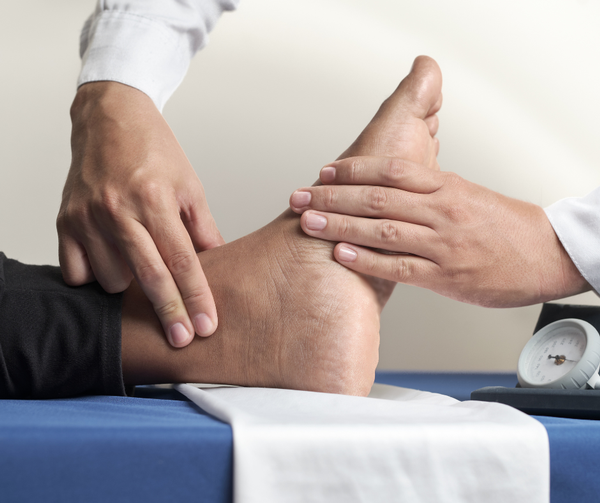 Posterior Tibial Tendon Dysfunction (PTTD)
Posterior Tibial Tendon Dysfunction (PTTD)
Posterior Tibial Tendon Dysfunction (PTTD) is one of the leading causes of adult-acquired flatfoot and ankle instability. When caught early, it can often be treated without surgery—but delaying care can lead to permanent foot changes. At Third Coast Foot & Ankle, we specialize in diagnosing and treating PTTD to help you stay active and avoid long-term complications.
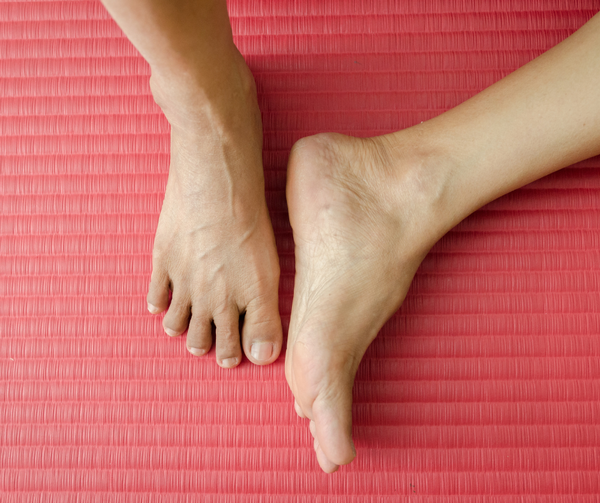 Women's Foot Health
Women's Foot Health
From pregnancy to high heels to aging joints, women experience unique foot and ankle challenges at every stage of life. At Third Coast Foot & Ankle, we specialize in addressing these concerns with personalized care to keep you active, comfortable, and confident in every step.
